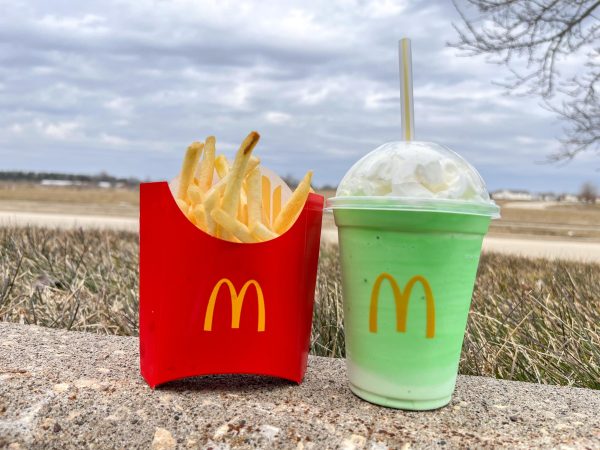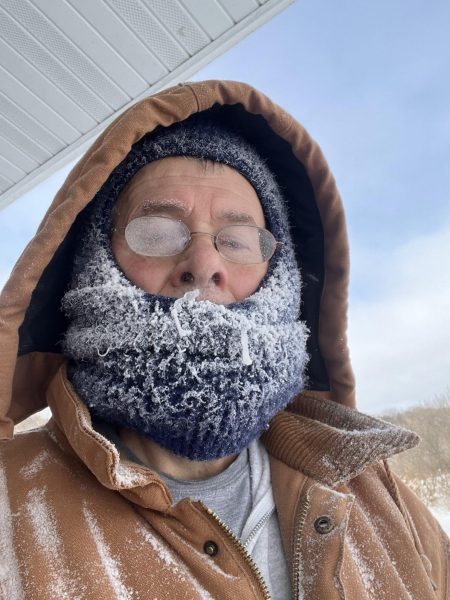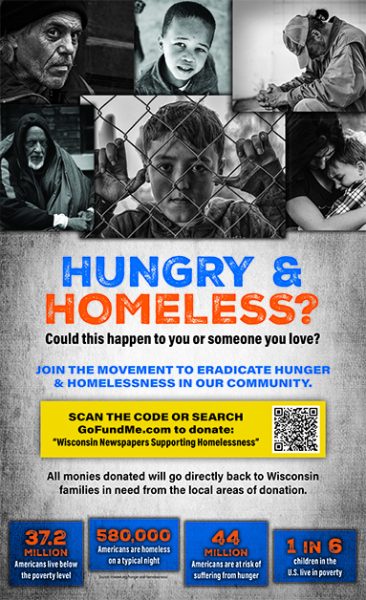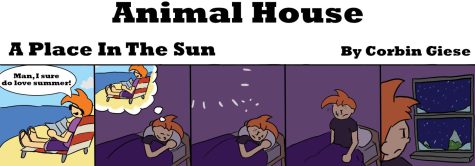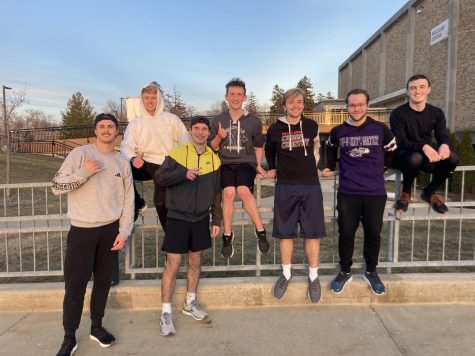Health as a whole: Dreamy do’s & nightly no’s
October 12, 2016
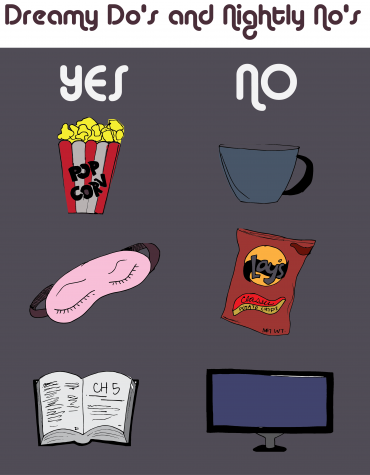
Graphic by Carlie Sue Herrick, graphics editor
You know the insufferable, ever-lasting battle you face every night that leaves you in an uneasy regretful state of being. No, I don’t mean your internal debate on whether or not you’re going to go out or not. I’m talking about falling asleep on time, or more so, getting a decent sleep
in general.
There are plenty of factors that play into how well you will sleep at night. Anxiety, environment and light are some examples of what affects our sleep according healthysleep.med.harvard.edu. In order to get the most out of your (hopefully) 6-8 hours, you must make adjustments to certain lifestyle behaviors and your environment.
Do: Choose popcorn, pickles and fruit juices as nighttime snack. These foods are known to be triggers for elaborate dreams according to livestrong.com.
Don’t: eat big meals or hard to digest foods before going to sleep and avoid caffeine before bedtime. Do not drink any caffeinated beverages within six hours of when you plan on going to sleep. Foods with lots of flavor or spices will lead you to experience poor sleep quality, says livestrong.com.
● Even though it may be hard to resist a nap or going to sleep after a big meal, try your best to keep carrying on with your day. If you go to bed with a full stomach, it will leave uncomfortable feeling and you may be sick in the morning. You get sleepy after a lot of food because your body’s metabolism is trying to keep up with the food you just consumed. It encounters a response in the parasympathetic nervous system which tells your body to slow down and focus on digesting food according to huffingtonpost.com
Do: Get your energy from sleep, not excessive eating. When sleep deprived, we tend to resort to eat more than we need to in hopes that it will make up for loss of energy.
Don’t: sleep less and eat more. “Sleep deprivation can lead to a decrease in physical activity and an increase in excessive snacking behavior” says the huffingtonpost.com.
● Ever catch yourself snacking out of boredom? The only thing worse than eating out of boredom is eating to keep yourself awake. Similar to boredom eating, we seek out snacks to keep us stimulated and entertained. The danger in this is that as the eating continues throughout a sleep deprived day, your body is working to digest food when it could use that time to sleep and replenish itself.
Do: fall asleep reading a book or drift off while lying down with no distractions.
Don’t: fall asleep with the TV on or while scrolling through your phone. Worldsleepday.org says that light and noise are both influential factors on how long it takes you to fall asleep. Watching television would conflict with both of those environmental needs.
● A lot of us need distraction in order to fall asleep. While some might prefer to use this time to scroll through social media or level up a couple episodes on Netflix, the light and noise will keep you awake for longer. Instead, try giving yourself an hour of leisurely time before you plan to go to bed.













